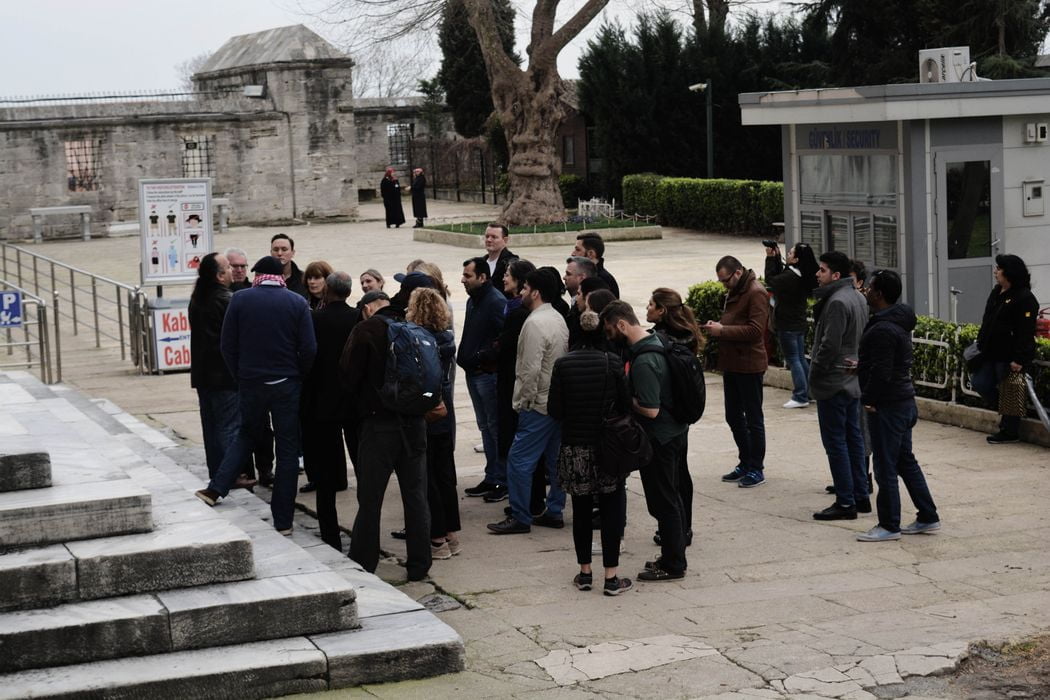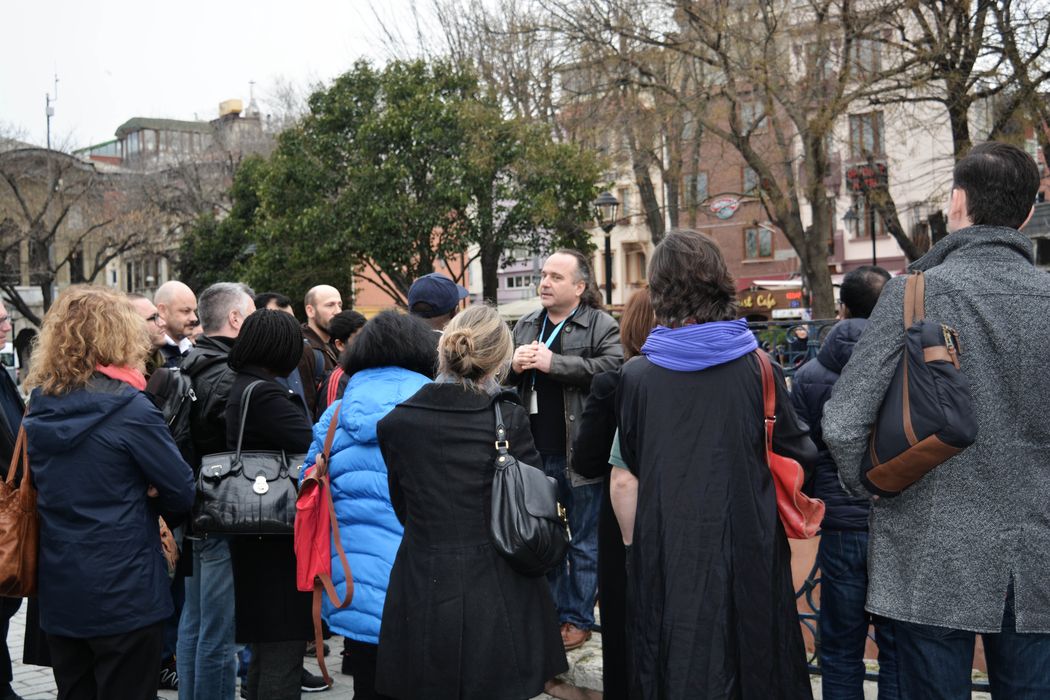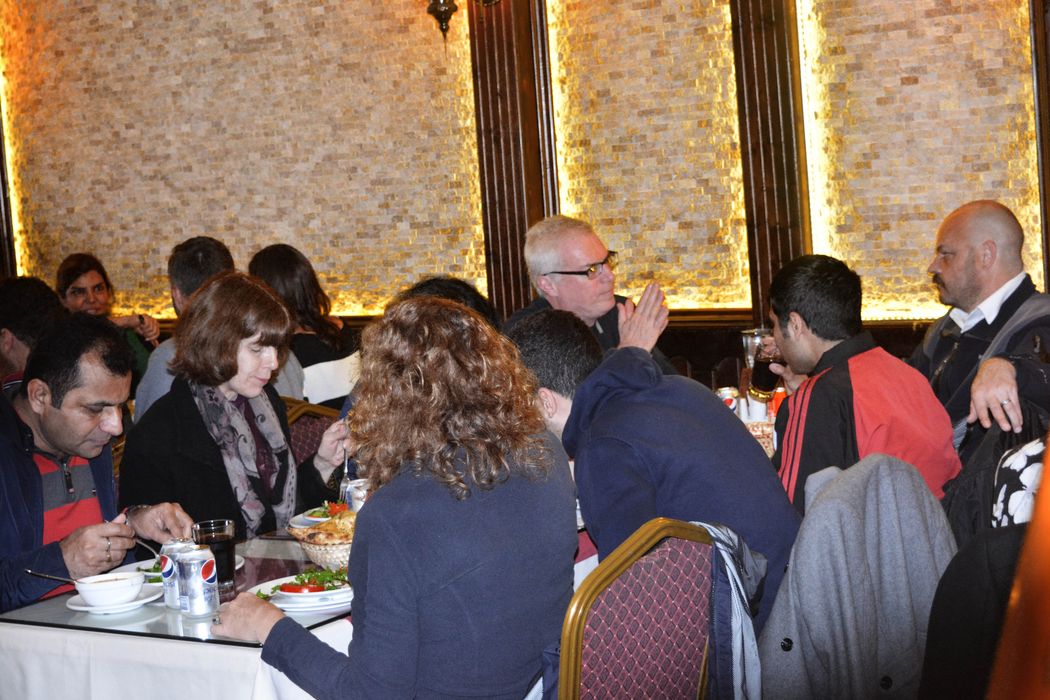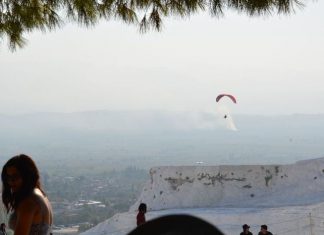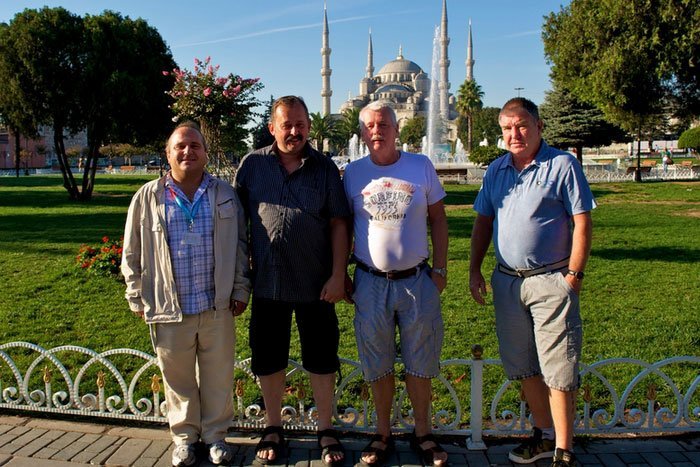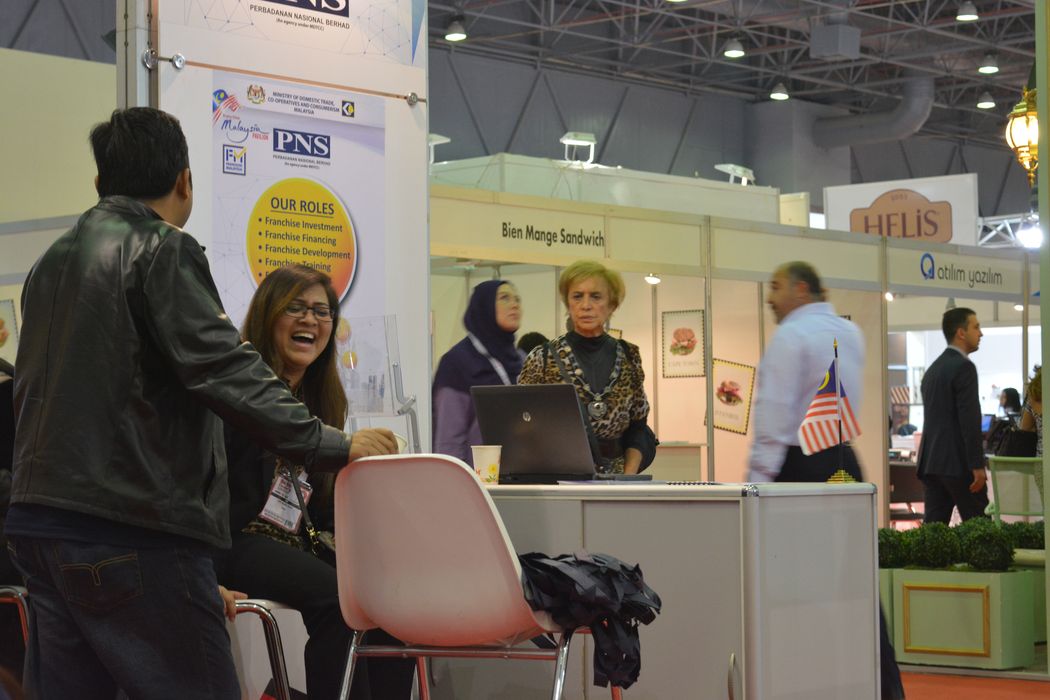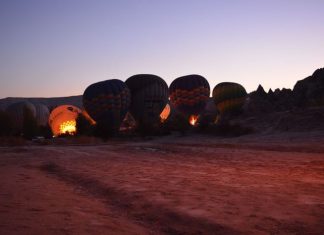This qadi attempted to make away with four thousand mithqals and the sultan, on learning of it, was enraged at him and exiled him to the country of the heathen cannibals. He [the qadi] lived among them for four years, at the end of which the sultan sent him back to his own country. The reason why the heathens did not eat him was that he was white, for they say that the white is indigestible because he is not “ripe,” whereas the black man is “ripe” in their opinion.
Sultan Mansa Sulayman was visited by a party of these negro cannibals, including one of their amirs. They have a custom of wearing in their ears large pendants, each pendant having an opening of half a span. They wrap themselves in silk mantles, and in their country there is a gold mine. The sultan received them with honour, and gave them as his hospitality-gift a servant, a negress.
They killed and ate her, and having smeared their faces and hands with her blood came to the sultan to thank him. I was informed that this is their regular custom whenever they visit his court. Someone told me about them that they say that the choicest parts of women’s flesh are the palm of the hand and the breast.
Ibn Battuta arrives at Timbuktoo
Thence we went on to Tumbuktu, which stands four miles from the river [Niger]. Most of its inhabitants are of the Massufa tribe, wearers of the face-veil. Its governor is called Farba Musa. I was present with him one day when he had just appointed one of the Massufa to be amir of a section. He assigned to him a robe, a turban, and trousers, all of them of dyed cloth, and bade him sit upon a shield, and the chiefs of his tribe raised him on their heads. In this town is the grave of the meritorious poet Abu Ishaq as-Sahili, of Gharnata [Granada], who is known in his own land as at-Tuwayjin [“Little Saucepan”].
Ibn Battuta leaves Timbuktoo for Gogo
From Tumbuktu I sailed down the Nile on a small boat, hollowed out of a single piece of wood.
I went on . . . to Gawgaw [Gogo], which is a large city on the Nile, and one of the finest towns in the Negrolands. It is also one of their biggest and best-provisioned towns, with rice in plenty, milk, and fish, and there is a species of cucumber there called “inani” which has no equal. The buying and selling of its inhabitants is done with cowry-shells, and the same is the case at Malli [the city of Mali]. I stayed there about a month, and then set out in the direction of Tagadda by land with a large caravan of merchants from Ghadamas.
Read More about Ibn Battuta part 74

